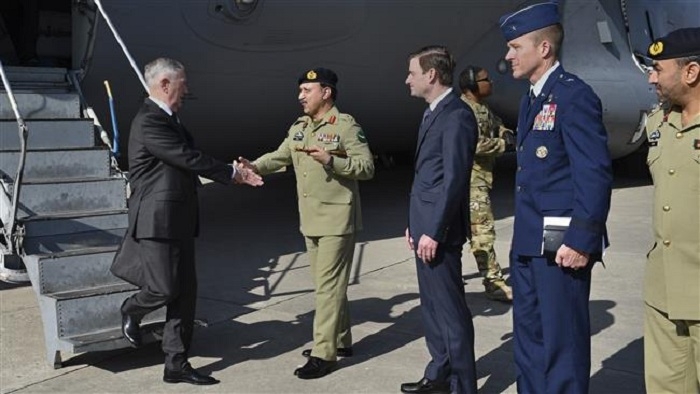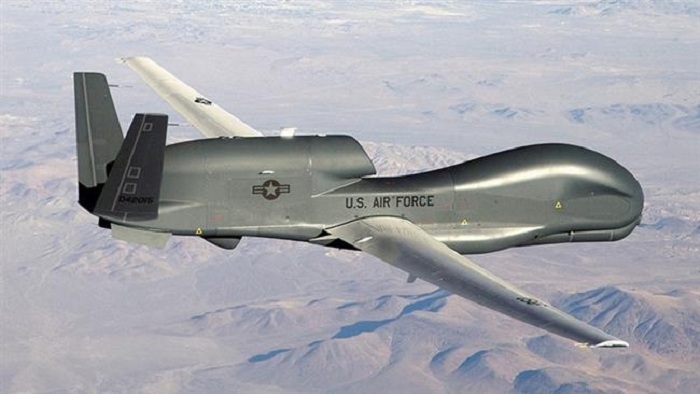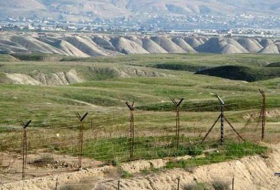The order is seen as a turnaround from the Pakistani air force’s previous policy, in which it used to publically censure US drone attacks on its soil, but would never threaten to shoot them down.
The announcement came two weeks after a US drone strike targeted a suspected militant compound in Pakistan's tribal region near the Afghan border, killing at least three people.
The US has been using drones to conduct surveillance flights and airstrikes in Pakistan since Washington and its allies invaded neighboring Afghanistan in 2001.
According to data by the Bureau of Investigative Journalism, hundreds of civilians, including women and children, have been killed in US drone attacks targeting what are said to be militant targets in Pakistan and Afghanistan since 2004.
Islamabad has condemned US drone raids on Pakistani soil, describing them as a violation of Pakistan’s sovereignty.
Washington’s drone operations are also highly unpopular among Pakistani people, who have held numerous protest rallies over the past years against the civilian deaths caused by such aerial assaults.

Aman further recalled a historic breach of trust incident over a batch of US-made F-16’s which Pakistan paid for, but never received.
The Pakistani air force commander praised Pakistan’s air prowess, saying their forces are prepared to defend sovereignty of the country.
The latest order comes amid friction in ties between the two allies over what US President Donald Trump calls Islamabad’s support for militant groups.
Officials in Islamabad have strongly rejected the allegations. They say Pakistan has made great effort to fight terrorism.
Trump harshly criticized Pakistan in August as he was announcing his administration’s new strategy for Afghanistan. The US president’s comments sparked anger among Pakistani officials and public.
The order also came a week after a visit to Pakistan by US Defense Secretary Jim mattis during which he urged them to “redouble” their efforts to rein in the militants suspected of using the country as a base to carry out attacks in neighboring Afghanistan.

Mattis also met with high-ranking officials from Pakistan’s powerful military, including army chief General Qamar Javed Bajwa and Lieutenant-General Naveed Mukhtar, the head of the Inter-Services Intelligence spy agency that US authorities say has links with Haqqani and Taliban militants.
A US defense official, speaking on condition of anonymity, was cited in press reports as saying that Mattis’ conversations had been “straightforward” and specific.
He added that one of the topics of conversation was getting Pakistan to help bring the Taliban to the negotiating table.















































